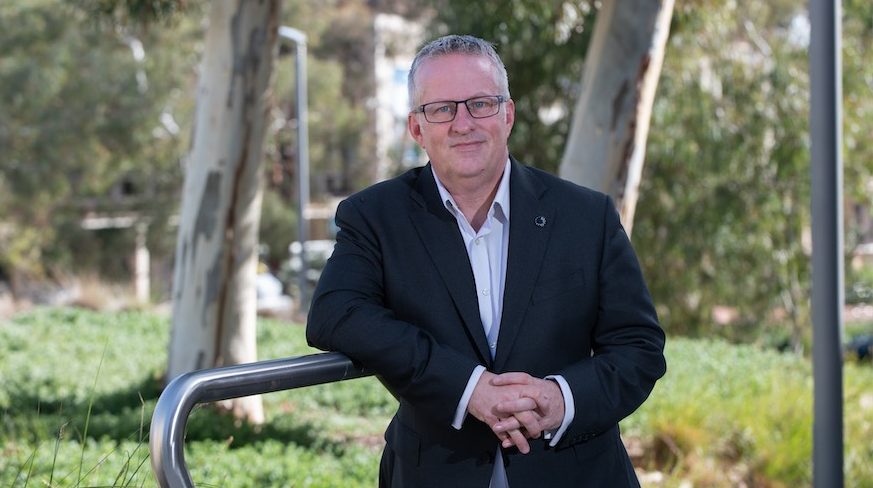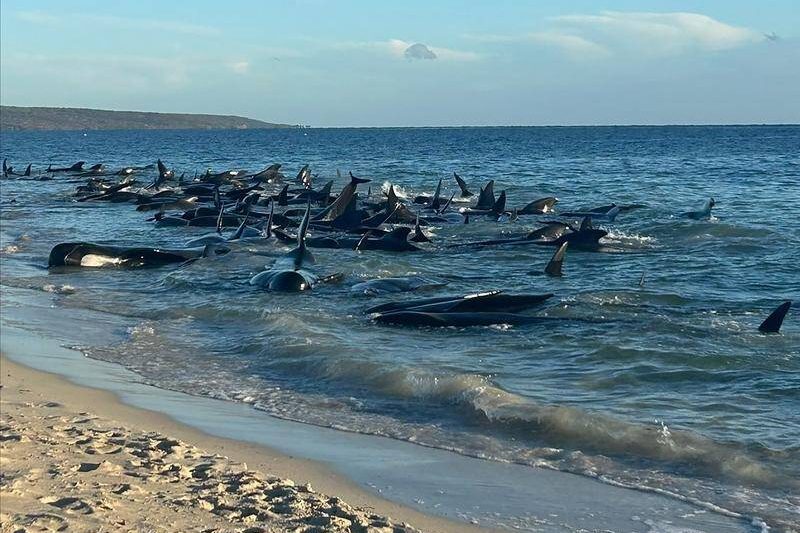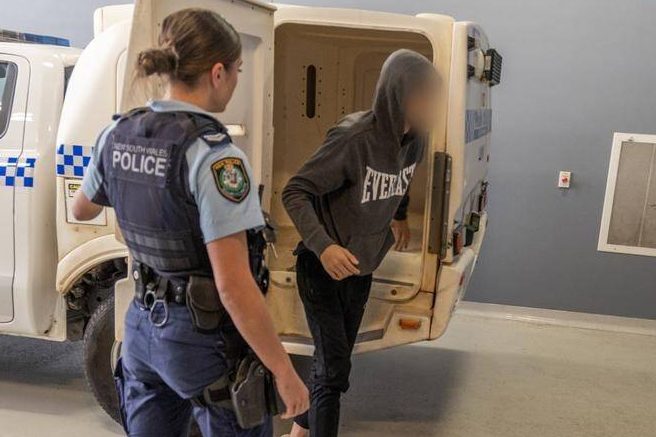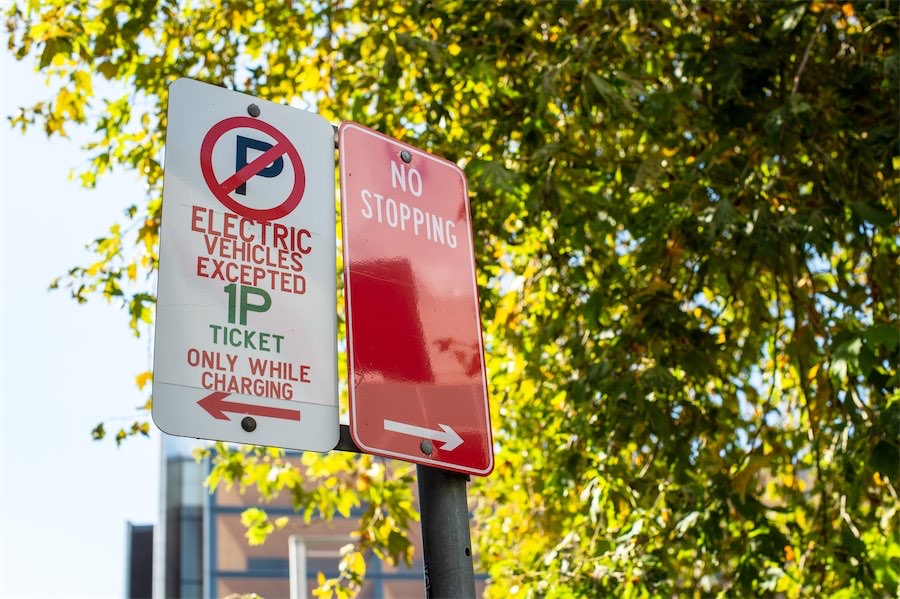
Reporter DANIELLE NOHRA meets the “lonely” new vice-chancellor of the University of Canberra, Paddy NixonReporter DANIELLE NOHRA meets the “lonely” new vice-chancellor of the University of Canberra, Paddy Nixon.
JUST before international travel was restricted to Australia, the University of Canberra’s new vice-chancellor Prof Paddy Nixon called from Ireland, saying: “Maybe the family and I should come out a couple of weeks earlier”.
And lucky he did, because they just made it in from Northern Ireland, only to be quarantined in their new on-campus home for two weeks.
Since then, Paddy, 52, has started his role, but at the time of writing had met only about five people in person.
“You turn up to work, but you don’t meet anyone,” says Paddy, referring to the university’s response to the coronavirus and it moved online.
“Building relationships is what you have to do when you come into a new job. I’ve had to do that over Zoom or Skype and it’s been a real challenge.
“Would I have chosen this as my starting point? No. But it showed me how innovative, agile and resilient the UC students, staff and community are.”
Born in Liverpool, UK, Paddy was vice-chancellor of the multi-campus Ulster University, in Northern Ireland, when he spotted the Canberra position after Prof Deep Saini cut his five-year term short for a job at Dalhousie University in Canada, where he has family.
This isn’t the professor’s first time in Australia. As a technologist and computer scientist, he worked in Tasmania in 2010 as deputy vice-chancellor of research at the University of Tasmania.
His wife was born in the ACT, so the move means they’re close to family and friends.
His background is not all academia. He has commercial experience with companies such as INTEL, Microsoft Research and HP, and has been involved in start-ups, as well as establishing the Irish National Early Stage Technology Incubator.
He says his main commitment is to the “civic obligation” of a university.
“Students come to get a degree, but what they should get is much more than that,” Paddy says.
“They should get an understanding of what ‘civil society’ means and how they can be a part of it.
“I don’t want to tell them what civil society is, I want them to have a think about it.”
One thing Paddy would like is for every student to do volunteer work, saying that if they all volunteered two hours to the local community a year, the impact would be huge.
“The student experience, for me, has to be front and centre. You don’t just come to learn a degree, you come to explore the community and build relationships,” he says.
As for other plans? Well, he says he’s had to do some re-thinking because of the coronavirus.
“I applied for the job, I did my homework, I started to think about what I might want to do and then the world changed,” he says.
“My expectations have been reset. Universities in Australia are going to have to re-collaborate. International school engagement will be different, international partners will be different.
“That thing that drew me to the position, the university’s ‘civic integrity’, is now more important than ever and we will put that right at the centre.”
Staying on COVID-19, Paddy says the university has had to do the right thing and move learning online and pause workplace learning elements.
“But they have to come back because you can’t train a healthcare worker without them being in a healthcare setting,” he says.
Known for its vocational training, Paddy says UC is key for providing the community’s workforce with skilled workers such as nurses, teachers and physiotherapists.
“UC is very much about community as well as being a really desired research and teaching institution,” he says.
“We’re a small university in the Australian context, and there’s a small number of things that we want to really specialise in.
“We have to pick some and become national and international leaders in those areas, and I think we already are.”
Paddy says developing a relationship with ANU and working with it will also be essential to how UC develops and services the ACT.
And growth is on the cards, but not for growth’s sake, he says.
Then there’s the question of whether universities will see radical change, in the face of the pandemic?
“I don’t know the answer to that,” he says.
“I think we will offer a lot more bite-sized courses that will bring people on the higher-education journey.
“There will be different ways of supporting students. There will be much more hybrid and mixed engagement learning [but] university campuses shouldn’t be empty.”
Who can be trusted?
In a world of spin and confusion, there’s never been a more important time to support independent journalism in Canberra.
If you trust our work online and want to enforce the power of independent voices, I invite you to make a small contribution.
Every dollar of support is invested back into our journalism to help keep citynews.com.au strong and free.
Thank you,
Ian Meikle, editor





Leave a Reply